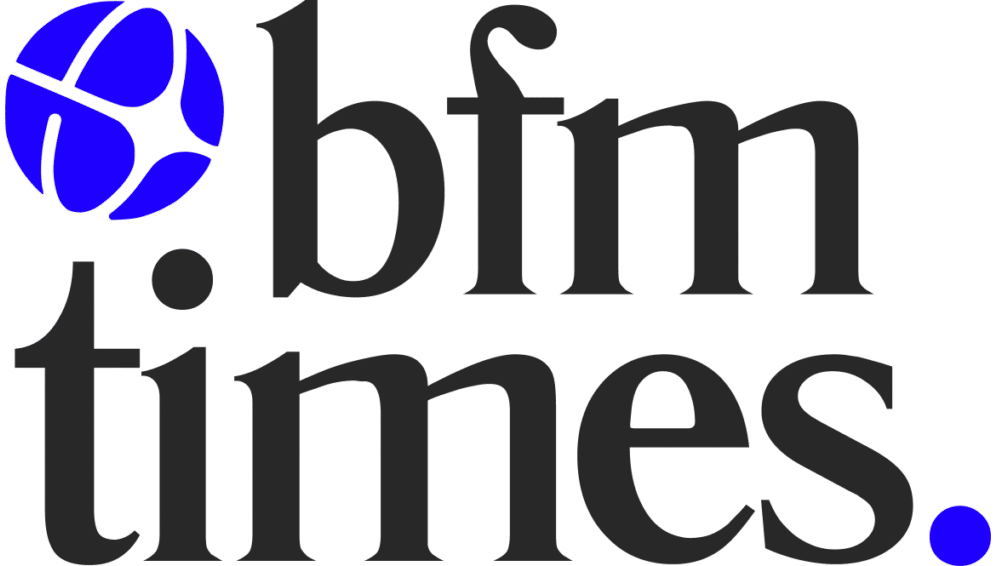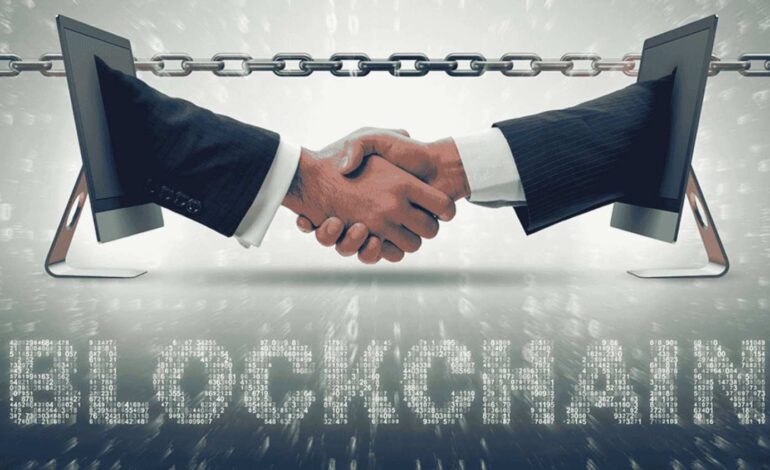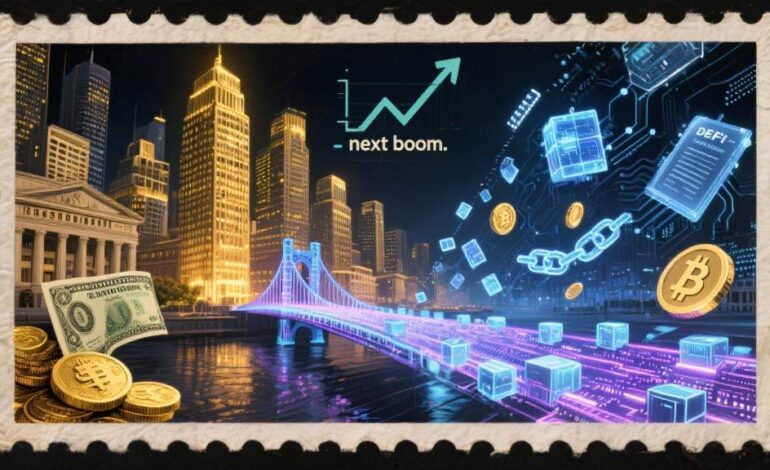Key Insights
- Blockchain is proving to be valuable beyond crypto trading. It offers practical uses in logistics, medicine and governance.
- Industries like supply chain and healthcare are turning to blockchain to improve security and transparency.
- Voting systems may soon rely on blockchain to restore public trust through tamper-proof digital ballots.
Blockchain has grown far beyond its reputation as the technology behind crypto. It is now a tool for building trust and cutting inefficiencies across many industries.
This technology records and verifies data securely and is becoming an important part of operations in supply chain management, voting systems and many more industries.
Blockchain in Supply Chain
The global supply chain is a maze of suppliers, manufacturers, shipping and distributors.
This complexity can often lead to errors and even fraud. Blockchain helps to fix these problems by keeping a shared and unchangeable record of every product’s journey from start to finish.
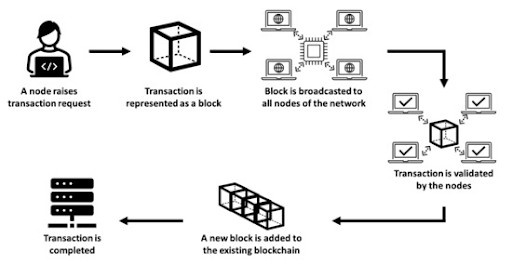
Blockchain in supply chain management | source: MDPI
Tracking Products from Origin to Delivery
Traditional supply chains rely on separate ledgers for each participant. This can make it hard to get consistent data. Blockchain replaces that with a shared and verified ledger. This means that every event, like a shipment leaving a factory or a temperature check during transport is recorded and time-stamped.
Companies like Walmart and IBM are already using blockchain to track food items. In cases of contamination, tracing the source now takes seconds instead of weeks. This speed helps to limit waste and improve safety.
Luxury goods and pharmaceuticals also benefit from this change. Each item can have a unique digital identity tied to a QR code or RFID tag. This record shows where it came from and how it moved.
At the end of the day, the risk of counterfeiting is almost completely removed.
Supporting Ethical and Sustainable Sourcing
Consumers want to know how products are made and sourced. Blockchain allows them to see proof of ethical labor practices and environmentally friendly production. By keeping an open audit trail, businesses can show compliance with environmental and social standards more easily.
Automation with Smart Contracts
Smart contracts also make blockchain even more powerful. These are self-executing agreements triggered by events on the ledger. For example, once a shipment is confirmed as delivered, a smart contract can automatically release payment to the supplier.
This speeds up processes and reduces paperwork by a great amount.
Blockchain in Healthcare
Healthcare systems often struggle to balance privacy with the need for data sharing.
Blockchain provides a secure way to manage patient records while giving individuals control over who can access their information.
Securing Patient Data
Electronic Health Records (EHRs) on blockchain are not stored directly on the chain. Instead, the blockchain keeps encrypted links to where the records are stored. Patients then hold their private keys and can decide who gets access.
This method means that hospitals, doctors and labs must request permission from the patient before viewing their records. Every access attempt is logged permanently, and this approach protects data. It also meets strict privacy rules like HIPAA and makes it easier to share records when needed.
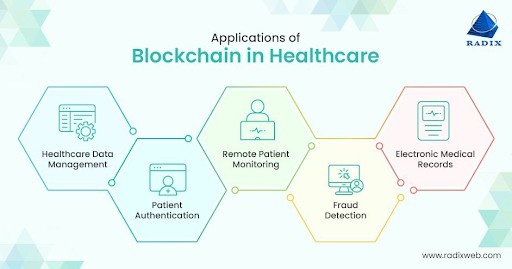
Blockchain’s role in healthcare | source: RadixWeb
Verifying the Drug Supply Chain
Counterfeit drugs are a serious global issue. Blockchain can verify each medicine’s authenticity by recording every handover between manufacturers, wholesalers and pharmacies. This makes sure that consumers always receive genuine products.
Projects like MediLedger show how major pharmaceutical firms are working together to meet new drug traceability rules.
Blockchain also strengthens clinical trial management by recording results that cannot be altered later. This creates more trust in published research and makes sure of compliance with regulatory standards.
Blockchain in Voting
Fair elections depend on secure and transparent systems. Traditional paper ballots and centralized electronic voting both face risks of tampering and errors. Blockchain-based voting thus offers a solution by providing an immutable record of every vote cast.
How Blockchain Voting Works
A blockchain voting system verifies voter eligibility using cryptographic identities. Each vote is encrypted and recorded on the chain. Once added, it cannot be changed or deleted.
This means that every valid vote can be checked publicly without revealing voter identities.
This transparency helps to rebuild trust. Anyone can confirm that all votes were counted correctly, and observers or regulators can verify election results directly from the blockchain without relying on counting systems.
Expanding Access to Voting
Blockchain voting could also make elections more accessible. Remote voters, citizens living abroad and people with disabilities could vote securely through approved web or mobile platforms.
This would make participation easier while keeping votes safe and verifiable.
Still, there are a few challenges to keep in mind. Protecting voter anonymity and preventing coercion in remote voting are major problems. This being said, solving these issues will require careful development.
The Future of Blockchain
Blockchain is now a serious part of enterprise systems, not just a financial tool.
Its ability to create verified data makes it valuable wherever trust and transparency are needed. Supply chains are becoming more traceable, healthcare systems are becoming more secure and elections are now more reliable.
As industries adopt this technology, the goal is not to replace traditional databases but to make them more trustworthy.
